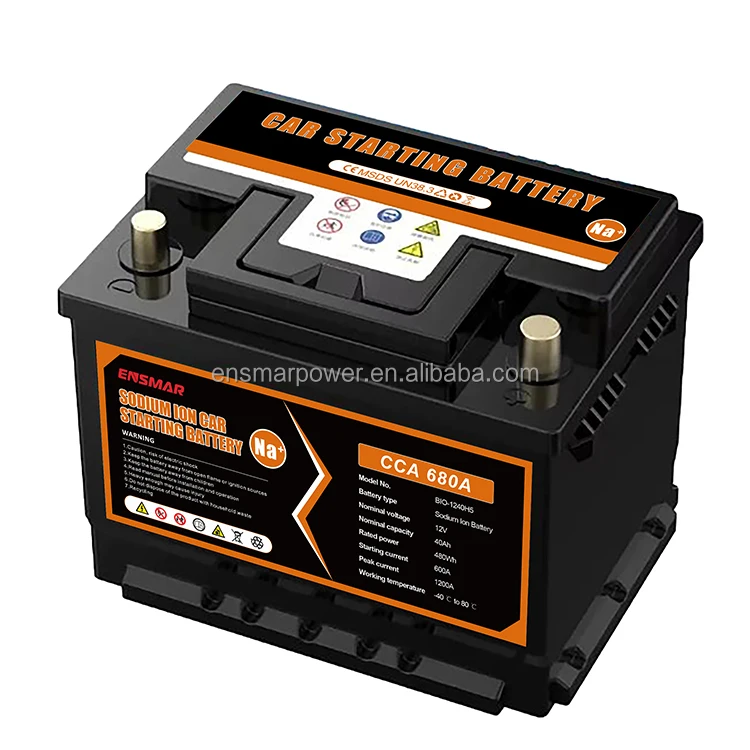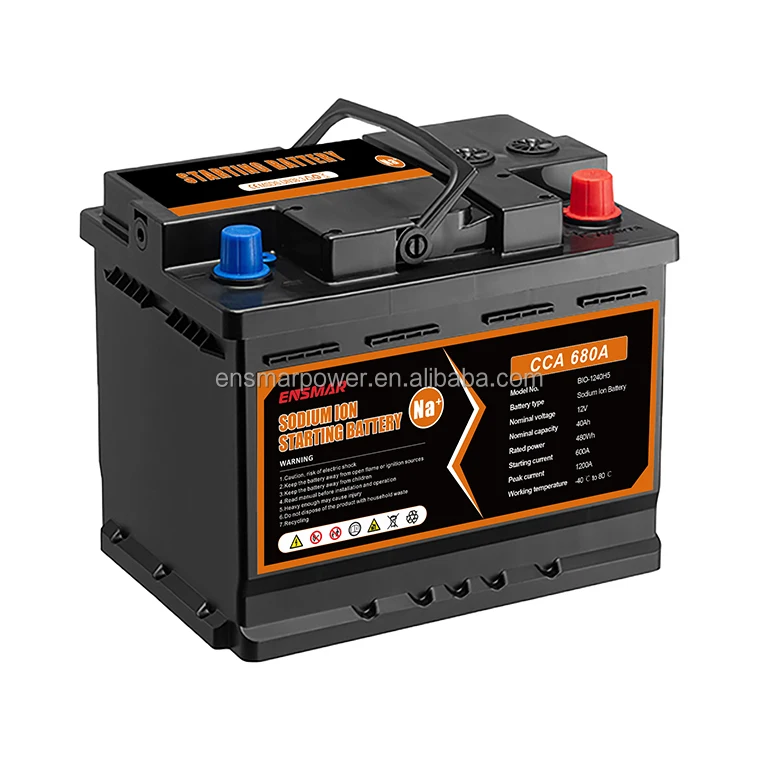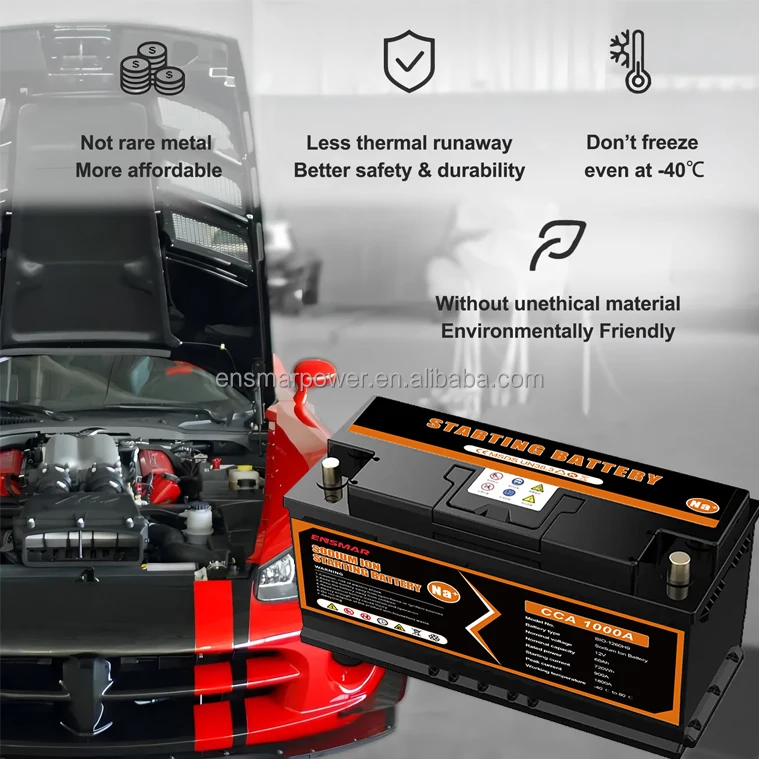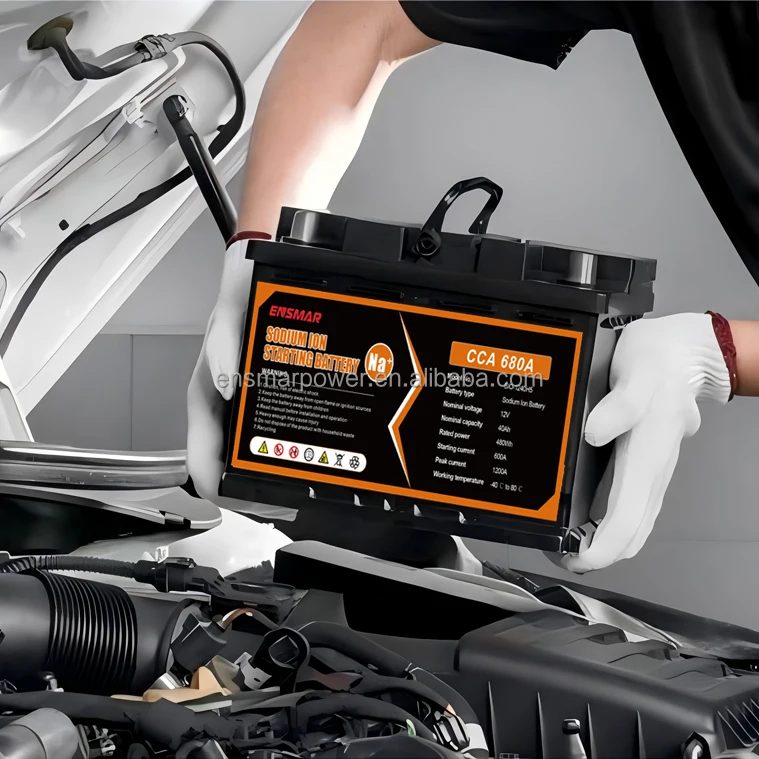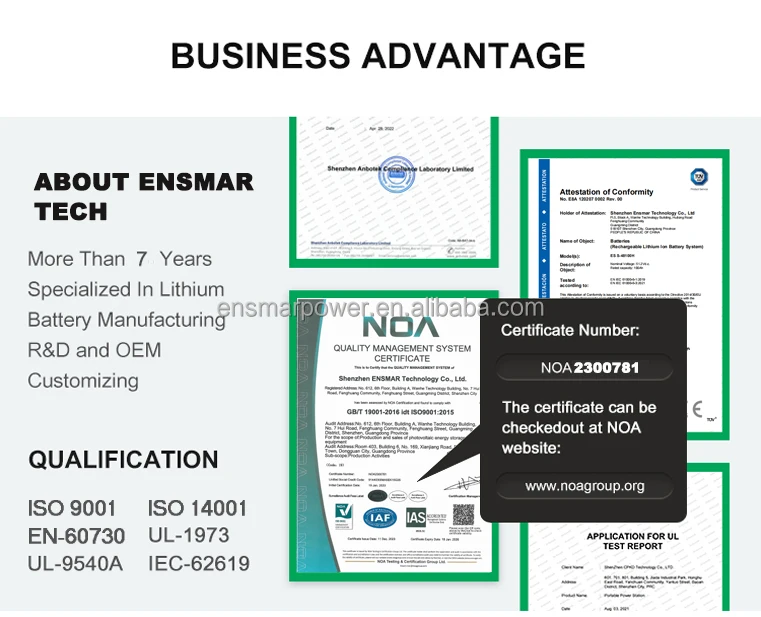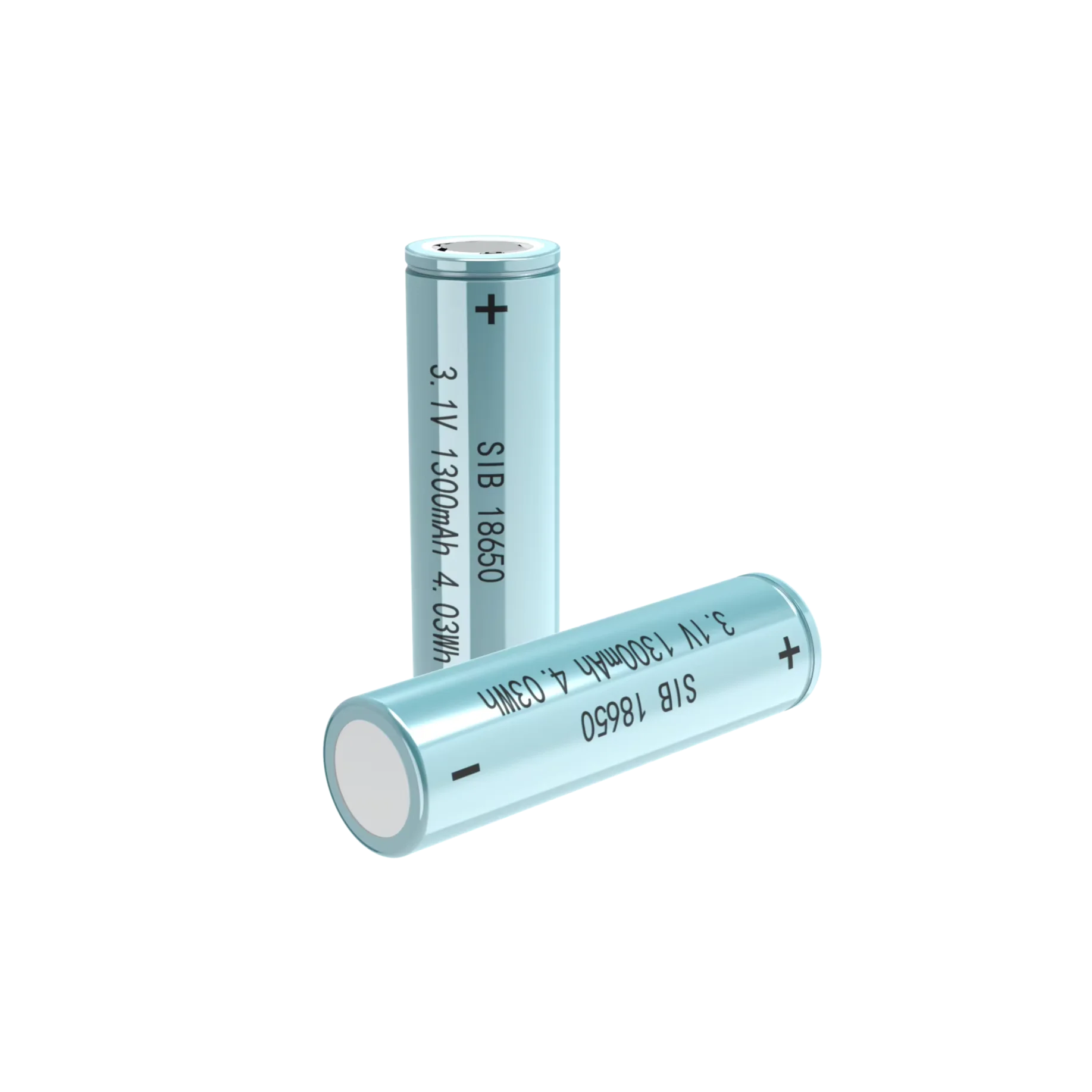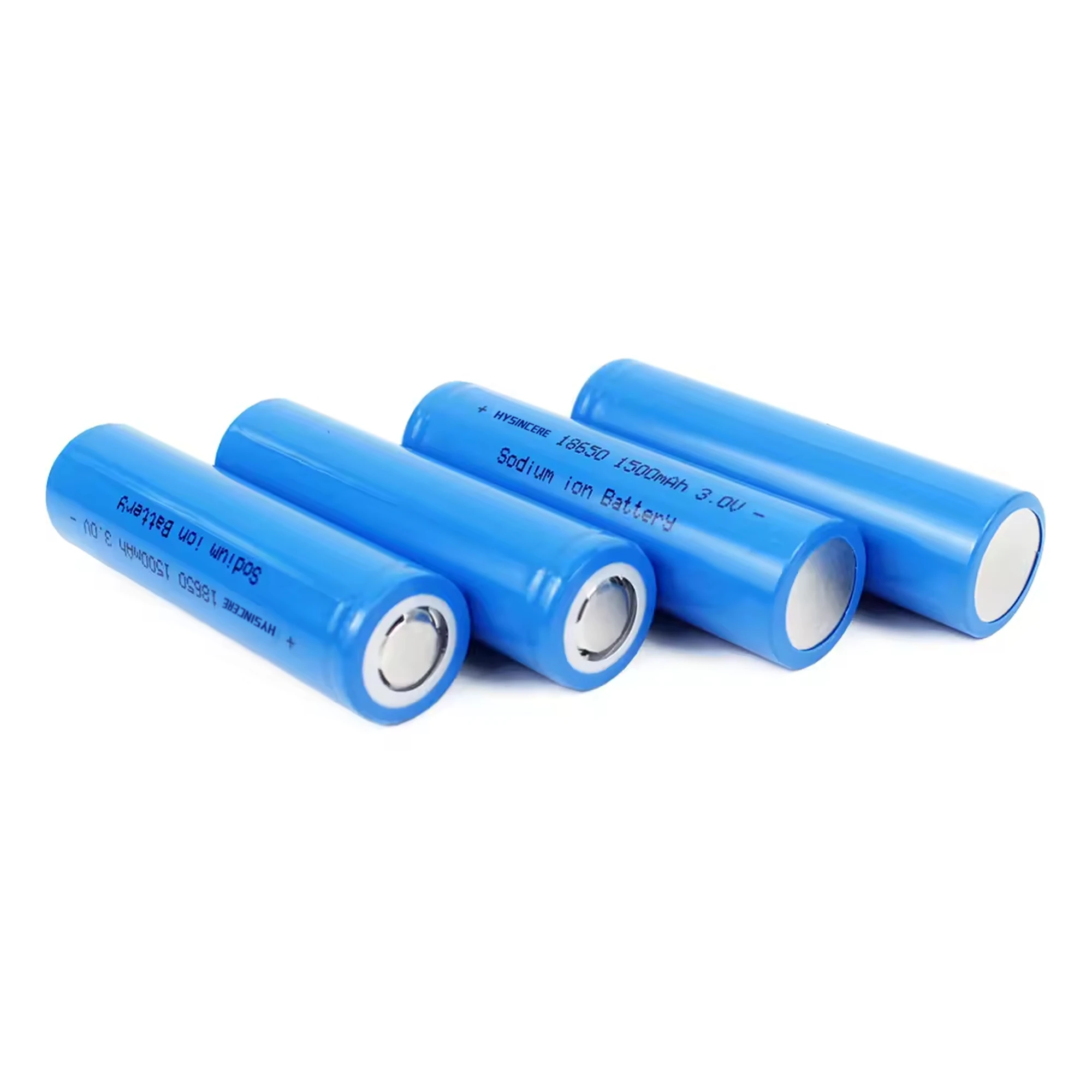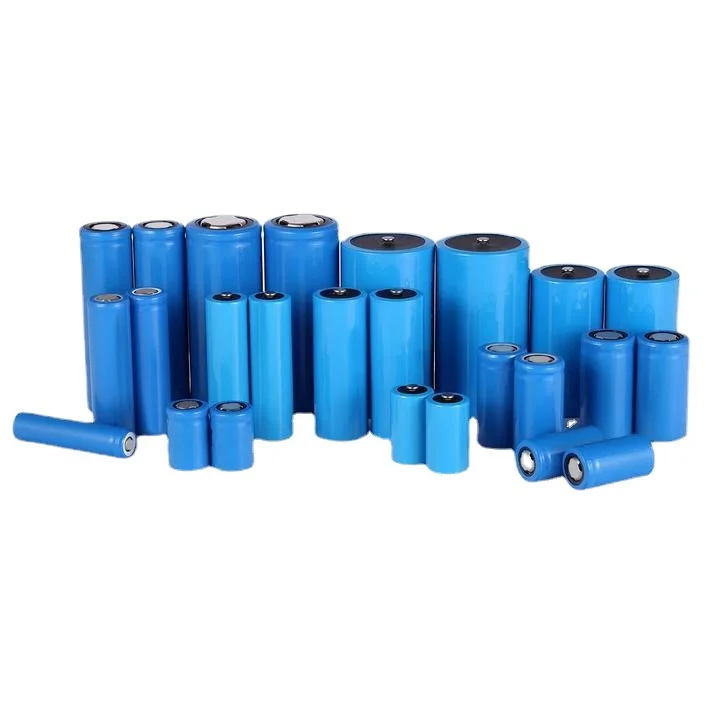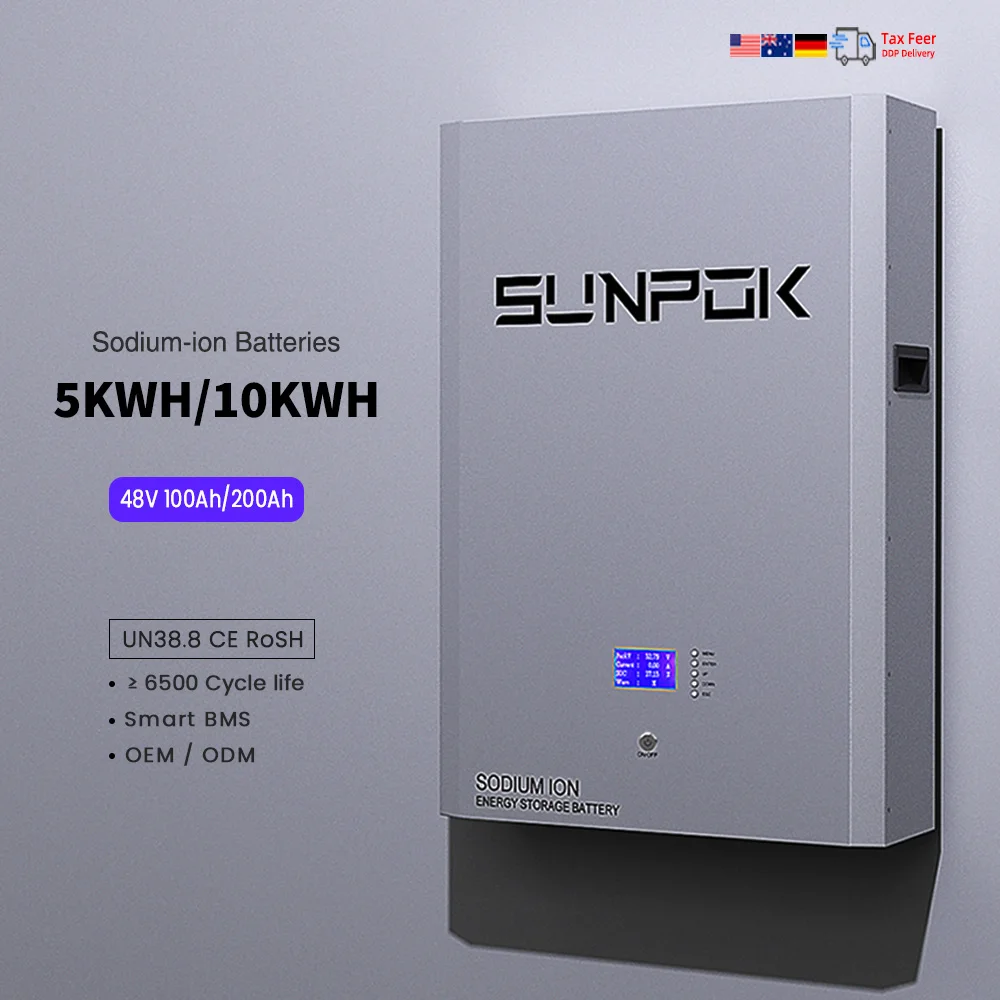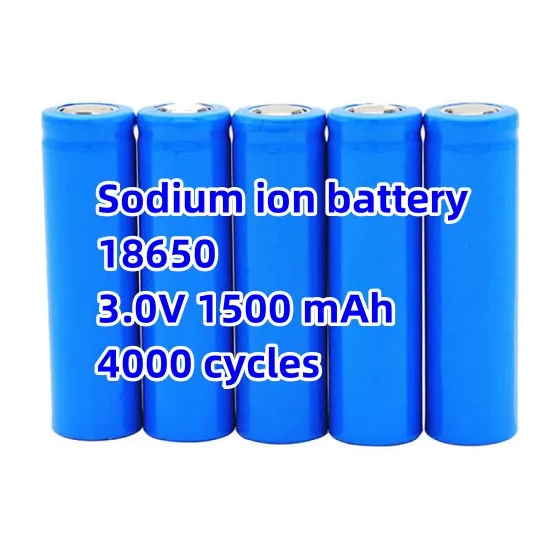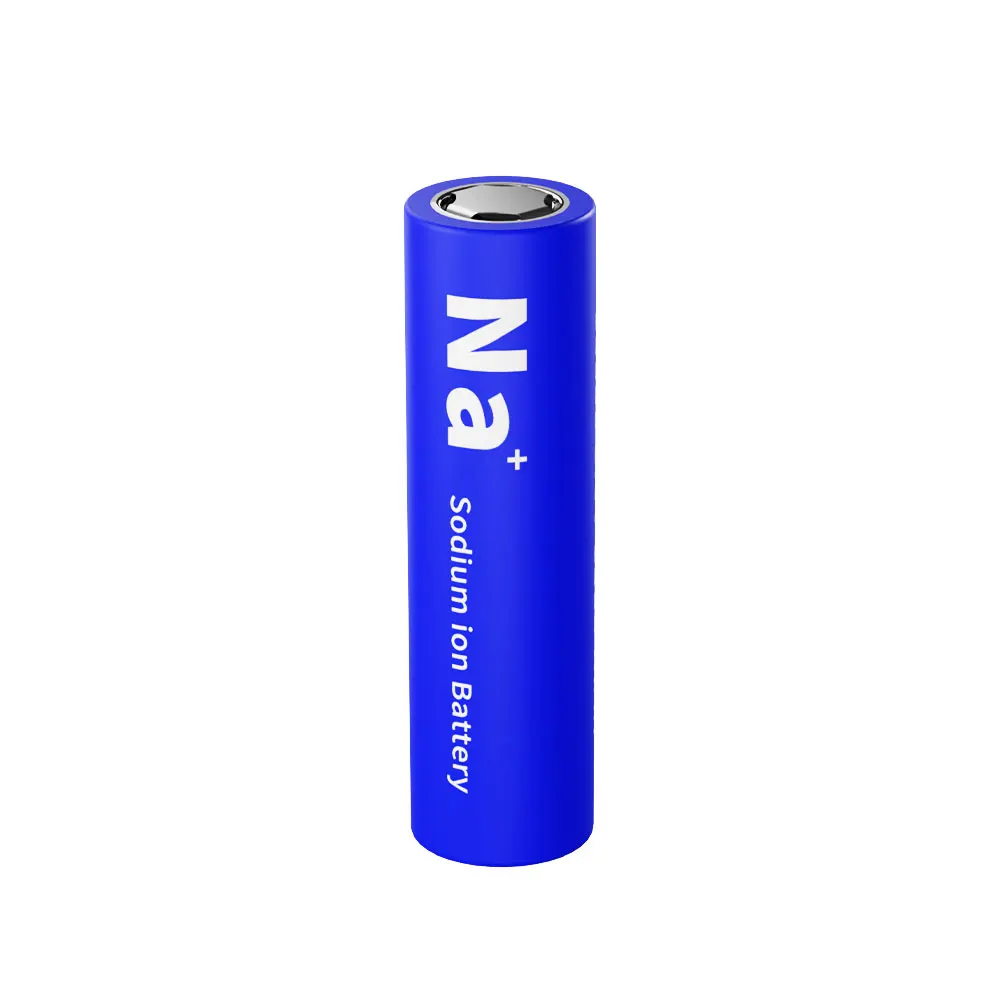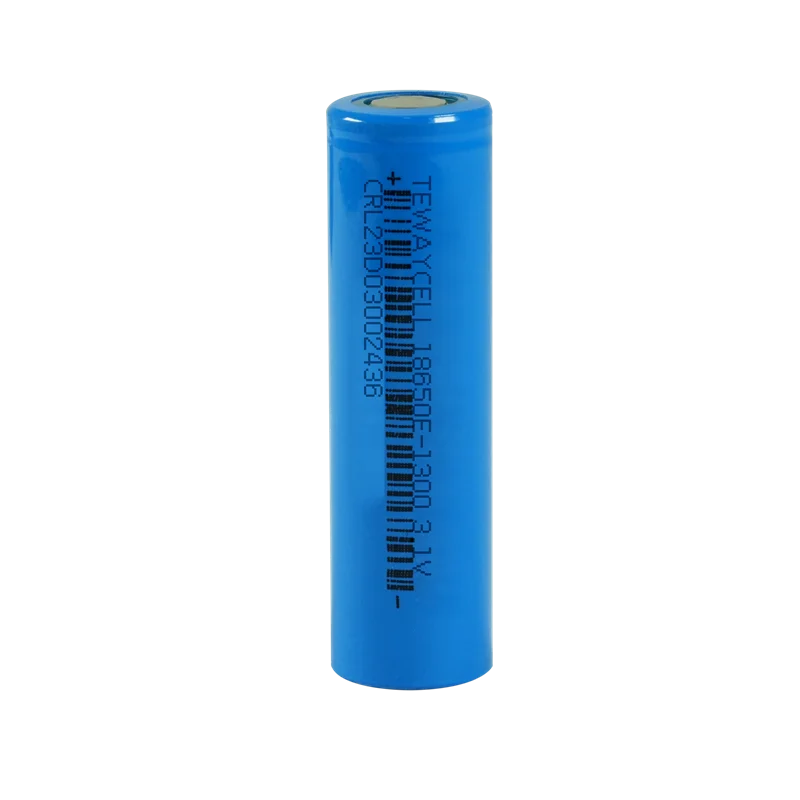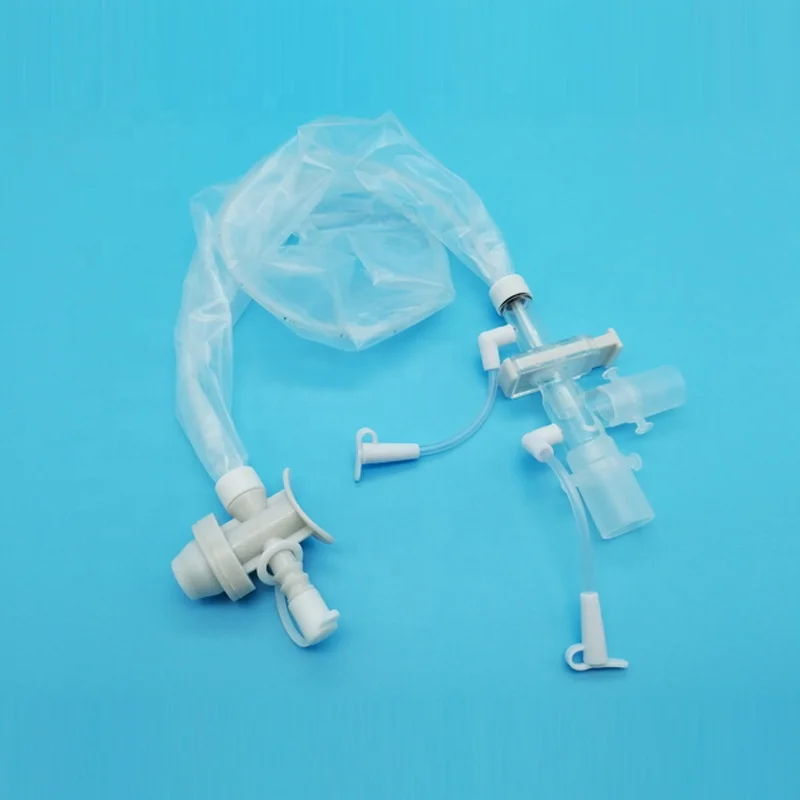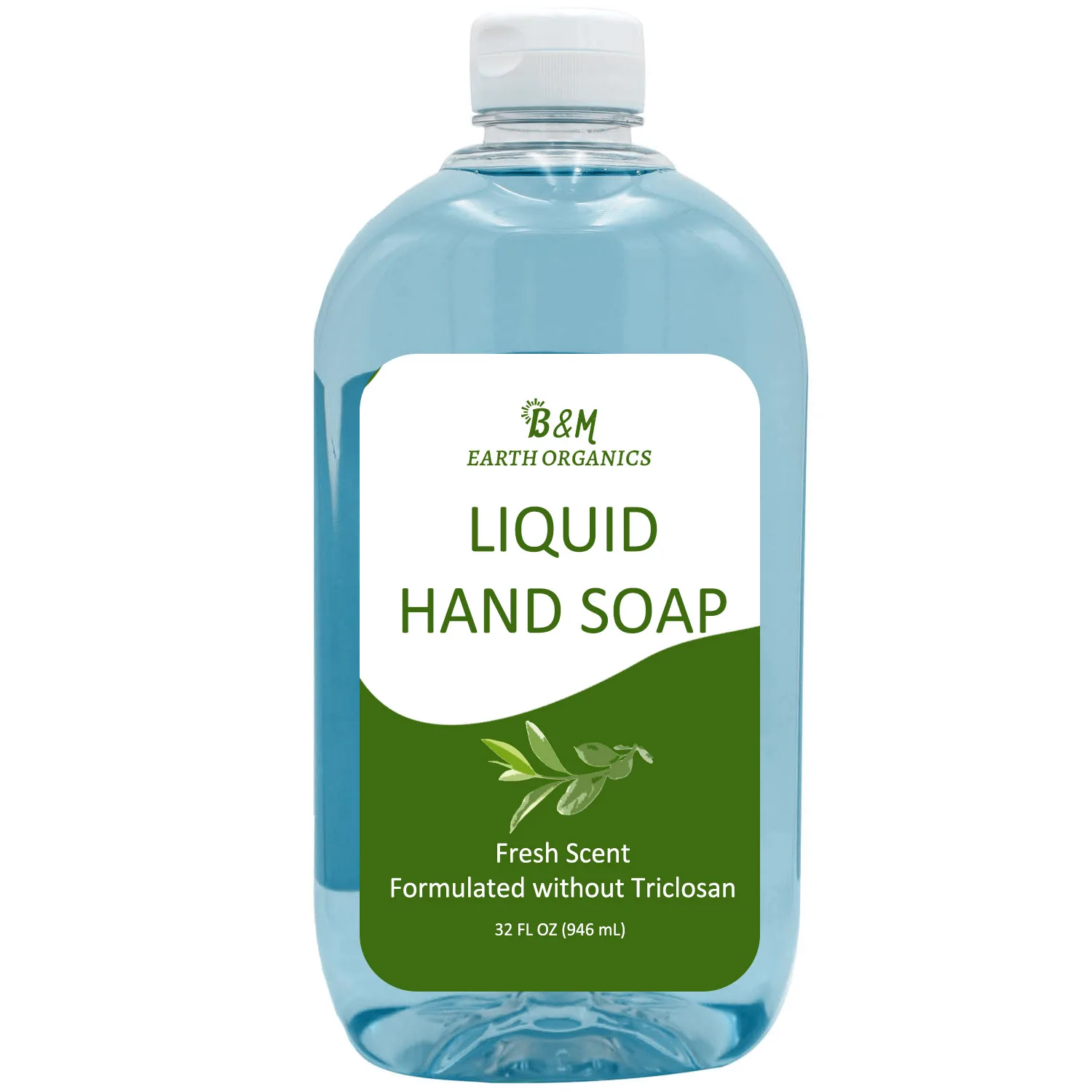Аккумулятор автомобильный 12 В
- Категория: >>>
- Поставщик: Shenzhen Ensmar Technology Co. Ltd.Shenzhen Ltd.
Сохранить в закладки 1601301990634:
Описание и отзывы
Характеристики



| Model No. | Bio 12400H5 | Bio 12600H6 | Bio 12750H7 | BIO 12840H8 | BIO 12900H9 |
| Nominal Voltage | 12V | ||||
| Nominal Capacity | 20.8Ah | 28.6Ah | 35.1Ah | 45.5Ah | 52Ah |
| Energy | 249.6Wh | 343.2Wh | 421.2Wh | 546Wh | 624Wh |
| CCA (equivalent to AGM) | 600A | 780A | 800A | 850A | 1000A |
| Cycle Life | >3000 cycles | ||||
| Charge Current | 20.8A | 28.6A | 35.1A | 45.5A | 52A |
| Max. Charge Current | 41.6A | 57,6A | 70.2A | 91A | 104A |
| Discharge Current | 62.4A | 85.8A | 105.3A | 136.5A | 156A |
| Pulse Current | 480A 3S | 550A 3S | 650A 3S | 800A 3S | 1000A 3S |
| Self Discharge | <3% | ||||
| Charge Temp. | 0 ℃ to 45 ℃ (32F to 113F) | ||||
| Discharge Temp. | -40 ℃ to 70 ℃ (-40F to 158F) | ||||
| Storage Temp. | -10 ℃ to 40 ℃ (14F to 104F) | ||||
| Ingress Protection | IP65 | ||||
| Size (mm, ±2) | 242x175x190 | 278x175x190 | 315x175x190 | 353x175x190 | 394x175x190 |
| Weight(KG) | Appr. 4.6KG | Appr. 7KG | Appr. 8.4KG | Appr. 9.8KG | Appr. 11.6KG |
1. Abundance and Affordability: Sodium is widely available, making sodium-ion batteries cheaper to produce compared to lithium-ion options. As demand rises for batteries of car batteries, sodium's abundance reduces material costs, making this technology a cost-effective alternative.
2. Environmentally Friendly: Sodium-ion batteries offer a greener solution compared to traditional lithium-ion batteries. They do not rely on scarce and ethically problematic materials like cobalt. This makes sodium-ion technology an environmentally sustainable choice for various cars.
3. Safety and Durability: Sodium-ion batteries are generally safer, as they are less prone to overheating and thermal runaway, which are risks associated with lithium-ion technology. For vehicles that are exposed to extreme environments, this improved safety is a key advantage, ensuring reliable performance in harsh conditions.
4. Performance in Extreme Temperatures: Vehicles often operate in environments with fluctuating or extreme temperatures. Sodium-ion batteries perform better in cold or hot climates, making them suitable for vehicles that must endure diverse weather conditions.
How to choose a car battery?
Before choosing a car battery, consider these key factors:
Battery Size: Ensure the battery fits your car’s battery tray. Refer to the vehicle manual for the correct group size (e.g., Group 24, 35).
Cold Cranking Amps (CCA): CCA measures the battery’s ability to start the engine in cold conditions. Choose a battery with a CCA rating that meets or exceeds your car’s requirements, especially if you live in colder climates.
Reserve Capacity (RC): This is the battery's ability to power your vehicle’s electrical system if the alternator fails. A higher RC can provide more backup power.
Battery Type:
- Lead-Acid: Affordable and widely used, but requires maintenance and has a shorter lifespan.
- AGM (Absorbed Glass Mat): Maintenance-free, durable, and offers better performance, particularly for high-demand vehicles.
- LiFePO4 (Lithium Iron Phosphate): Lightweight, long-lasting, with faster charging and deeper discharge capabilities, but more expensive.
- Sodium-ion: Emerging technology, offering better environmental sustainability and safety, but less energy density compared to lithium batteries.
Lifespan and Warranty: Choose a battery with a good lifespan and warranty for long-term reliability. Look for warranties of at least 3 years.
Quality: Opt for reputable brands that offer reliable products, and check user reviews for performance feedback.
Похожие товары
18650 натрий-ионный аккумулятор 3 1 В 1300 мАч Ах 4000 циклов натриевый Аккумулятор для продажи
Catl 18650 4000 циклов 3 1 В А · ч 1300 мАч 32700 26700 5000 литий-ионная натриевая батарея
Натриево-ионная Новая батарея класса sunpok натриево-ионные батареи 18650 большой цилиндрической ячейки натриево-ионная для хранения энергии
Натриево-ионный аккумулятор 18650 литий-ионный оптом 21700 5000 мАч
18650 натрий-ионный аккумулятор 3 1 В 1300 мАч Ах 4000 раз натриевый натриево-ионный для продажи
Seekwatt 3 0 В 1 18650 1300 мАч натриевые ионные аккумуляторы для БПЛА электроинструменты фонарик А/ч 13 А · ч
Аккумуляторная батарея 18650E литий-ионный аккумулятор
Новые поступления
Новинки товаров от производителей по оптовым ценам
